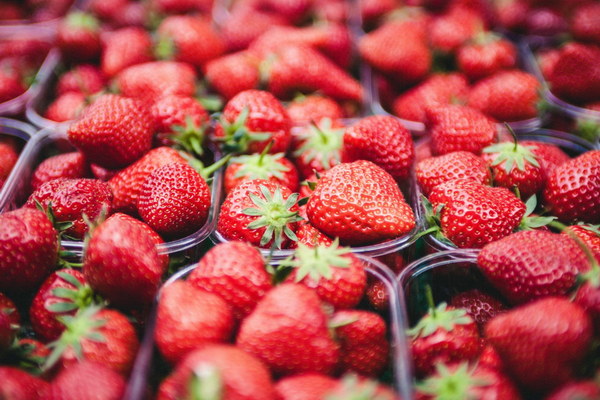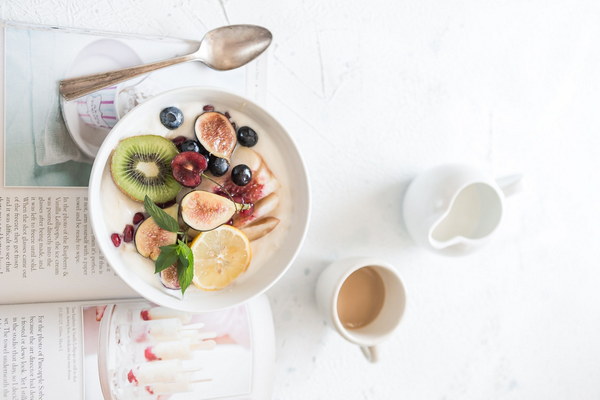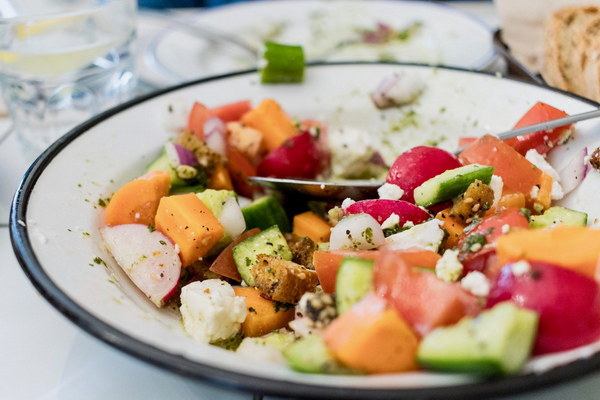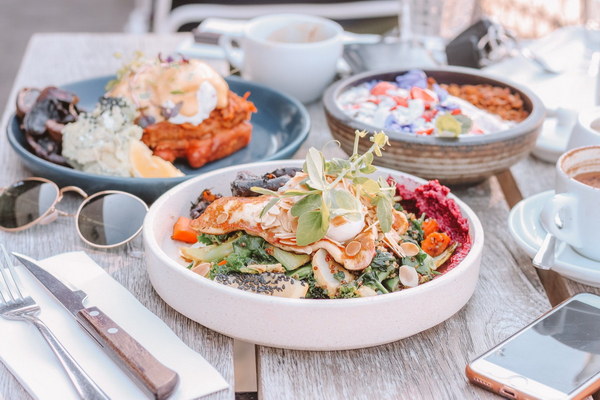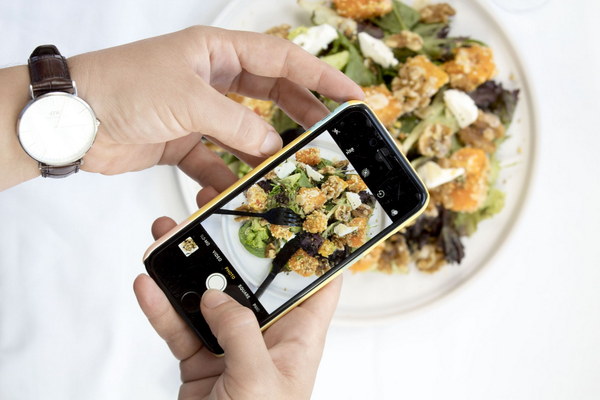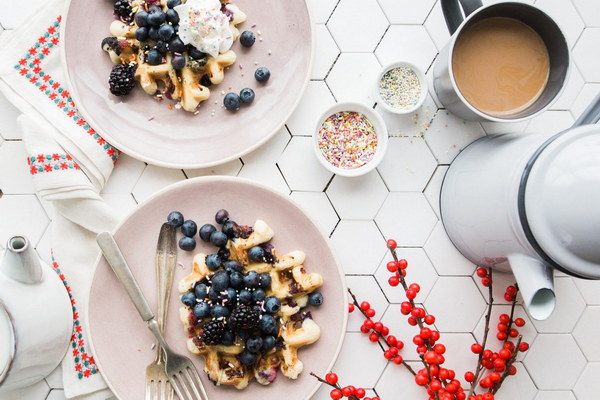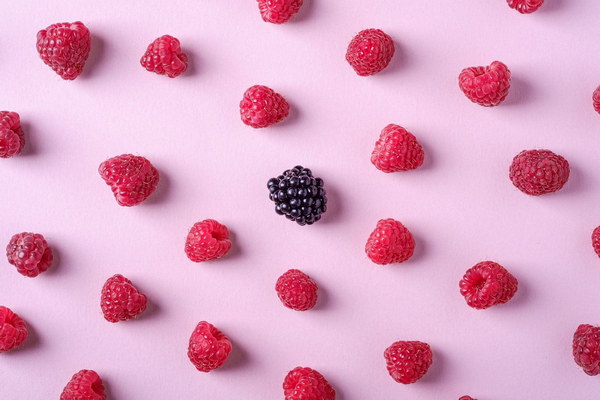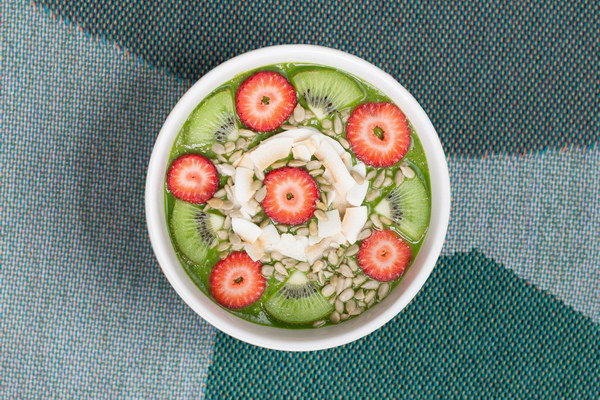Best Baby Foods to Combat Iron Deficiency
Iron deficiency is a common concern among parents, especially when introducing solid foods to their baby's diet. Iron is a crucial nutrient for the development of a healthy body and brain. It is essential for the production of hemoglobin, which carries oxygen throughout the body. Here's a guide to the best baby foods that can help combat iron deficiency.
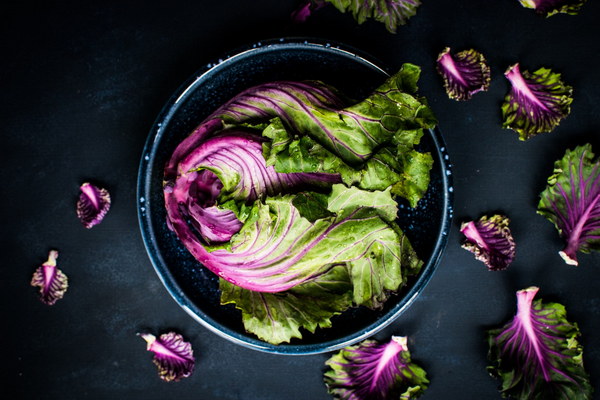
1. Fortified Cereals
Fortified cereals are a great source of iron for babies. These cereals have been enriched with iron, making them an excellent choice for babies starting on solids. Look for cereals like rice or oatmeal, which are gentle on a baby's developing digestive system.
2. Meat
Meat is an excellent source of heme iron, which is the most easily absorbed form of iron. Introduce iron-rich meats like lean beef, lamb, and chicken to your baby's diet. Begin with minced meat and gradually introduce it into purees or soft finger foods.
3. Chicken Liver
Chicken liver is one of the highest sources of iron available in food. It is rich in heme iron and also contains vitamin A, which is essential for eye development. Cook chicken liver and mash it into a puree to offer to your baby. However, it's important to note that chicken liver should be introduced carefully and in moderation due to its high vitamin A content.
4. Beetroot and Carrots
Vegetables like beetroots and carrots are not only rich in iron but also in vitamin C, which enhances iron absorption. Steam or boil these vegetables and puree them to offer to your baby. Be sure to introduce them gradually, as some babies may have a sensitivity to certain vegetables.
5. Green Leafy Vegetables
Green leafy vegetables like spinach and kale are excellent sources of non-heme iron. Although non-heme iron is not as easily absorbed as heme iron, the vitamin C in these vegetables can help enhance absorption. Steam these vegetables until soft and then puree them for your baby.
6. Peanut Butter
Peanut butter is an iron-rich food that can be introduced to babies around 9 months of age. It is also rich in protein and healthy fats. Ensure that your baby has no allergies to peanuts before introducing this food. Offer peanut butter as a spread on toast or mixed with other iron-rich ingredients.
7. Iron-Fortified Formula
If your baby is formula-fed, consider using iron-fortified formula. This will ensure that your baby gets an adequate amount of iron, especially if they are not consuming enough iron-rich solid foods.
8. Dried Fruits
Dried fruits like apricots, prunes, and figs are not only high in iron but also in fiber. They can be introduced as finger foods or pureed and mixed with other iron-rich ingredients. However, be cautious with dried fruits, as they can be a choking hazard for young babies.
9. Iron-Fortified Rice Cereal
Iron-fortified rice cereal is a great first food for babies, as it is gentle on the digestive system and rich in iron. Introduce it in small quantities and gradually increase the amount as your baby grows.
10. Cooked Beans
Cooked beans, such as lentils and kidney beans, are excellent sources of iron and protein. These can be introduced as purees or mashed into soft finger foods. Be sure to cook the beans thoroughly and offer them in small, manageable pieces.
When introducing iron-rich foods to your baby's diet, it's essential to do so gradually. Start with small portions and monitor your baby for any adverse reactions, such as allergic reactions or digestive issues. Consult with a pediatrician or a nutritionist to create a balanced diet that ensures your baby gets enough iron for proper growth and development.

